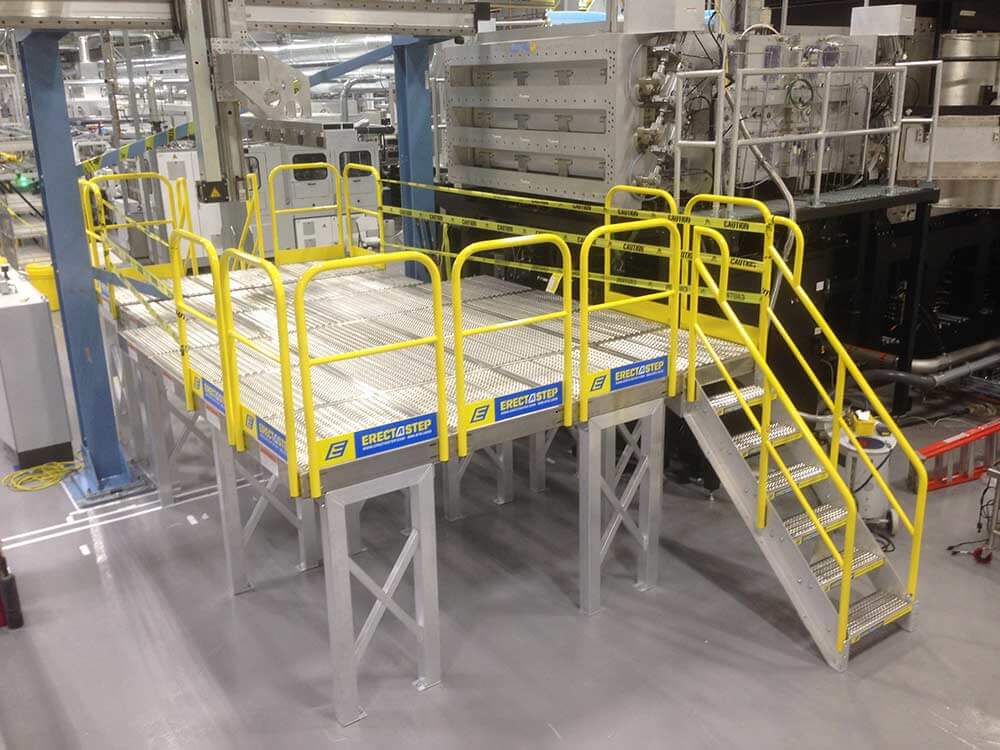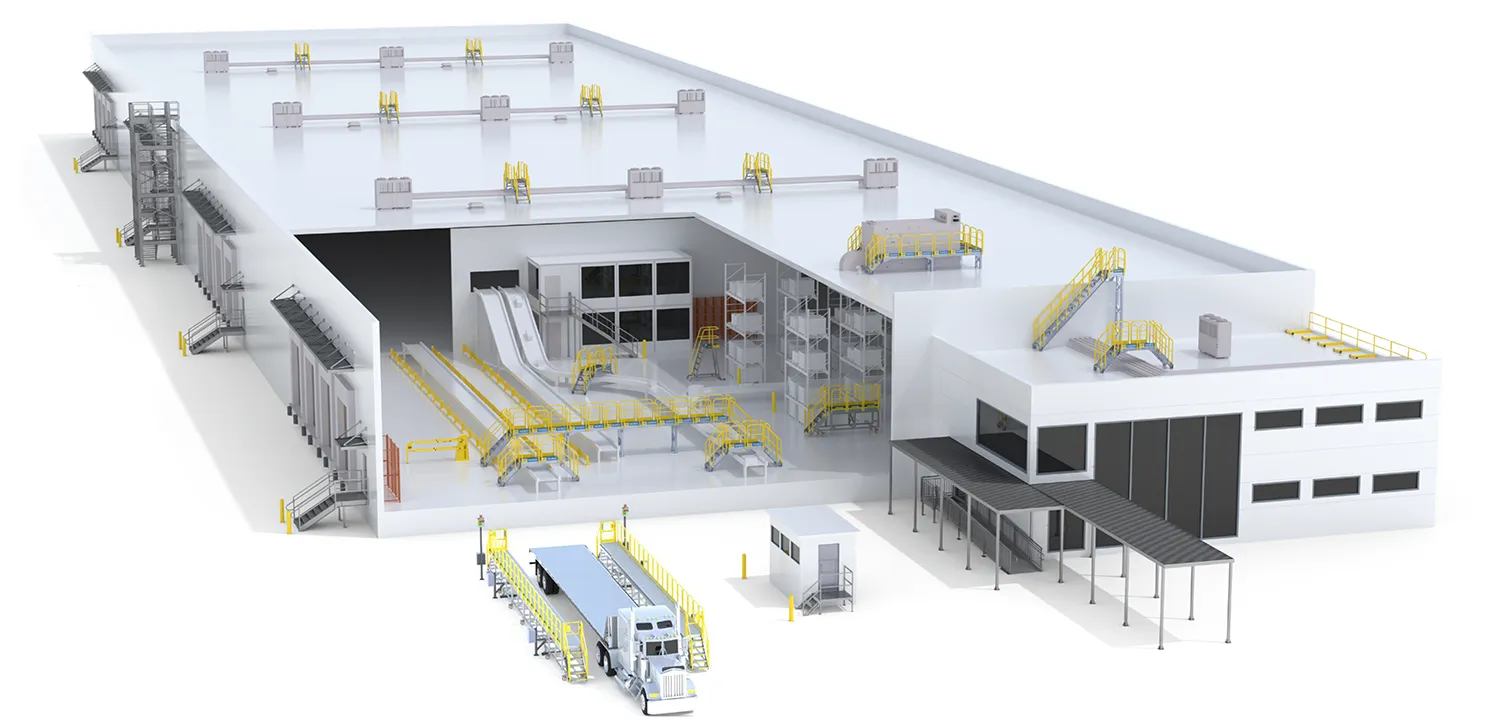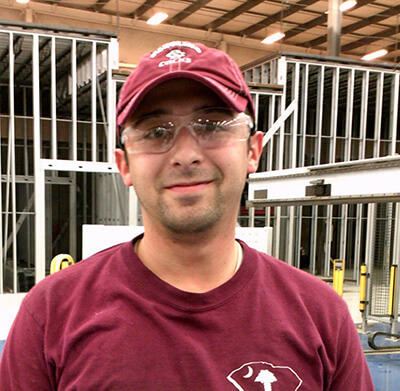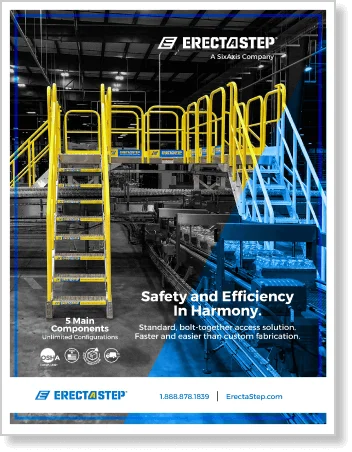A carrier bar is a flat bar used similarly to a carrier angle. It provides crucial support for the treads in metal staircases. Distributing weight evenly and maintaining structural integrity ensures the stability and durability of each step, making it an important part of metal staircase construction.
Key Benefits:
- Increased Stability: Secure each step to reduce the risk of movement or collapse.
- Long-Lasting Support: Constructed from durable materials to provide long-term reliability.
- Safety: Increases the overall safety of staircases by maintaining the structural integrity of each step.
Applications:
- Used in metal staircases in homes to ensure secure and stable steps.
- Employed in office buildings, hotels, and other public buildings to support metal staircases and ensure safety.
- Utilized in industrial settings where sturdy and reliable staircase construction is necessary for safe operation.
A: A carrier bar is a flat bar used to support the treads in metal staircases, ensuring stability and durability.
OSHA Compliance for Carrier Bars
There are safety measures by the Occupational Safety and Health Administration (OSHA) that can be used to regulate the construction of metal staircases, such as the use of carrier bars. Key points include:
- Load Capacity: Carrier bars have to bear loads created by treads, risers, and people; this means that the intended load on the staircase must be manageable by the carrier bars.
- Regular Inspections: Inspect staircase carrier bars and other components regularly to identify and address any bad conditions or mechanical defects.
- Proper Installation: Mount panel carrier bars appropriately to secure the necessary amount of reinforcement.



